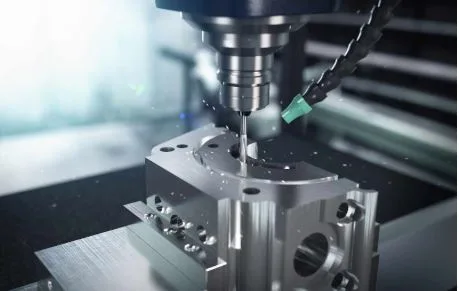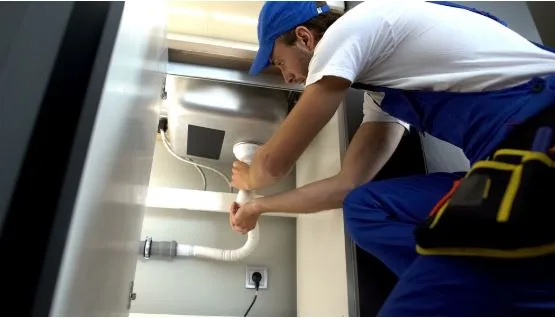Why Precision Machining Is the Foundation of Custom Die and Mold Fabrication?
Precision machining serves as the backbone of custom die and mold fabrication. It enables manufacturers to create complex, highly detailed components that meet exact specifications. Without precision machining, achieving the tight tolerances and intricate geometries required for dies and molds would be nearly impossible. Custom dies and molds demand impeccable accuracy to ensure the quality and consistency of the final products. Precision machining provides the tools and processes necessary to produce parts with micron-level accuracy. Moreover, it allows for customization based on specific application needs.
Material Selection and Precision Machining Synergy
Successful custom die and mold fabrication starts with selecting the right materials. Precision machining complements this by shaping materials such as tool steels, hardened alloys, and exotic metals into precise forms. The synergy between material quality and machining accuracy is crucial.
For instance, tough materials like H13 or P20 steel require careful machining to avoid thermal distortion or surface damage. Precision machining processes, such as CNC milling and grinding, maintain dimensional stability while shaping these materials. This combination ensures the durability and performance of the final dies and molds.
Tight Tolerances Achieved Through Precision Machining
One of the defining features of custom die and mold fabrication is maintaining extremely tight tolerances. Precision machining excels at consistently meeting these demanding requirements. It controls dimensions, surface finish, and geometric accuracy.
Techniques such as 5-axis CNC machining and EDM (electrical discharge machining) enable the production of complex shapes with precision and accuracy. These methods reduce human error and enhance repeatability. As a result, precision machining guarantees that each die and mold component fits perfectly within the assembly, ensuring flawless operation.
Surface Finish and Functional Quality
Surface finish plays a critical role in die and mold performance. Precision machining techniques achieve smooth finishes that reduce friction and wear during operation. A refined surface also improves the quality of molded or stamped parts.
Polishing and fine grinding during the machining process remove micro-roughness and burrs. This attention to surface detail extends tool life and prevents defects in the production process. Consequently, precision machining has a direct impact on both the functional quality and longevity of custom dies and molds.
Complex Geometries Made Possible
Custom dies and molds often feature intricate designs with undercuts, cavities, and fine details. Precision machining enables the manufacture of these complex geometries, making it feasible and cost-effective. Advanced CNC machines can accurately follow detailed CAD models.
Furthermore, precision machining enables rapid prototyping and facilitates design adjustments. This flexibility helps engineers optimize die and mold designs before final production. Hence, precision machining facilitates innovation and customization in tooling fabrication.
Efficiency and Cost-Effectiveness
Though precision machining demands investment in technology and expertise, it offers significant cost benefits. High accuracy reduces rework, scrap, and assembly issues. This efficiency speeds up production cycles and lowers overall costs.
Moreover, precision machining enables automation, further enhancing consistency and throughput. Companies that utilize advanced machining techniques experience faster turnaround times and improved resource utilization. Therefore, precision machining enhances both quality and profitability in the fabrication of custom dies and molds.
Integration with Quality Control Processes
Precision machining seamlessly integrates with modern quality control methods. Techniques such as coordinate measuring machines (CMMs) and laser scanning verify the accuracy of machined parts. This integration ensures that every component meets design specifications before assembly.
Real-time feedback during machining allows operators to make adjustments quickly, preventing defects. The combination of precision machining and rigorous quality control guarantees the reliability and performance of custom dies and molds. It ultimately protects manufacturers’ reputations and customer satisfaction.
Precision Machining as the Pillar of Custom Die and Mold Fabrication
Precision machining is undeniably the foundation of custom die and mold fabrication. Its ability to produce high-quality, accurate, and complex components enables manufacturers to meet strict standards. From material handling and tight tolerances to surface finishes and cost efficiency, precision machining drives every aspect of tooling success.







